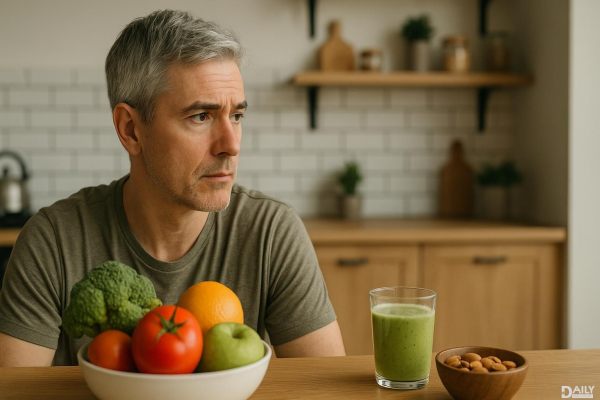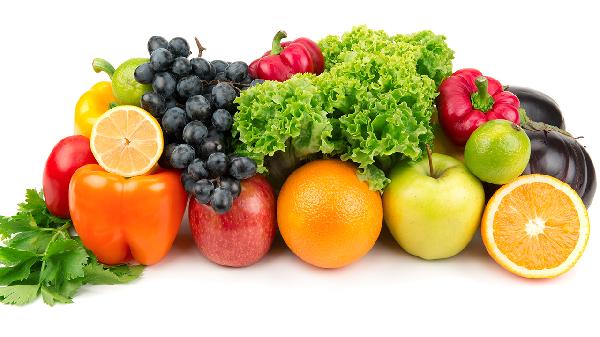Ever looked in the mirror and noticed a few silver strands creeping into your hairline way sooner than expected? You're not alone. While genetics play a huge role in when men go grey, research suggests that certain dietary choices might speed up—or slow down—the process. The good news? You might have more control over your hair's pigment than you think, and it starts with what's on your plate.

Hair turns grey when melanocytes—the cells responsible for producing melanin (your hair's pigment)—start slowing down or stop working altogether. While age is the most common factor, oxidative stress—a fancy term for when free radicals overwhelm your body's antioxidant defenses—can damage these pigment-producing cells prematurely. That's where diet comes in. Certain foods pack serious antioxidant power, helping to neutralize free radicals and potentially delay the greying process.
If you're looking to keep your color longer, load up on these nutrient-rich options:
Leafy Greens: Spinach, kale, and Swiss chard are loaded with vitamins A and C, which help produce sebum—your scalp's natural conditioner—and protect hair follicles from oxidative damage.
Berries: Blueberries, strawberries, and blackberries are antioxidant powerhouses, fighting off the free radicals that can prematurely age your hair.
Nuts and Seeds: Almonds, walnuts, and sunflower seeds are rich in copper, a mineral crucial for melanin production. A deficiency might actually accelerate greying.
Fatty Fish: Salmon, mackerel, and sardines provide omega-3 fatty acids that reduce inflammation and support scalp health, creating an ideal environment for pigment-producing cells.
Eggs: Packed with biotin and vitamin B12, eggs support hair health at the cellular level. B12 deficiency has been linked to premature greying in multiple studies.
Just as some foods help, others might be sabotaging your efforts:
Processed Foods: High in sugar and unhealthy fats, these can increase oxidative stress throughout your body—including your hair follicles.
Excess Alcohol: Heavy drinking depletes nutrients essential for hair pigmentation, particularly zinc and B vitamins.
Too Much Caffeine: While moderate amounts are fine, excessive caffeine can dehydrate your body and potentially affect nutrient absorption.
While food plays a crucial role, other lifestyle choices impact when you go grey:
Stress Management: Chronic stress can deplete melanocyte stem cells. Finding healthy outlets—whether exercise, meditation, or hobbies—might help preserve your color.
Smoking: Multiple studies link smoking to premature greying, likely due to increased oxidative stress and reduced blood flow to hair follicles.
Sleep Quality: Poor sleep patterns correlate with increased oxidative stress throughout the body, potentially affecting hair pigmentation over time.
If you're experiencing rapid greying—especially before your mid-30s—it might be worth consulting a doctor. Certain medical conditions (like thyroid disorders or vitamin B12 deficiency) and medications can accelerate pigment loss. A simple blood test can check for underlying issues that might be treatable.
While you can't stop the clock completely, the right combination of diet and lifestyle choices might help you hold onto your natural color longer than you'd expect. And if those silver strands do appear? Rock them with confidence—they're a badge of experience in a world that could use more wisdom.
























